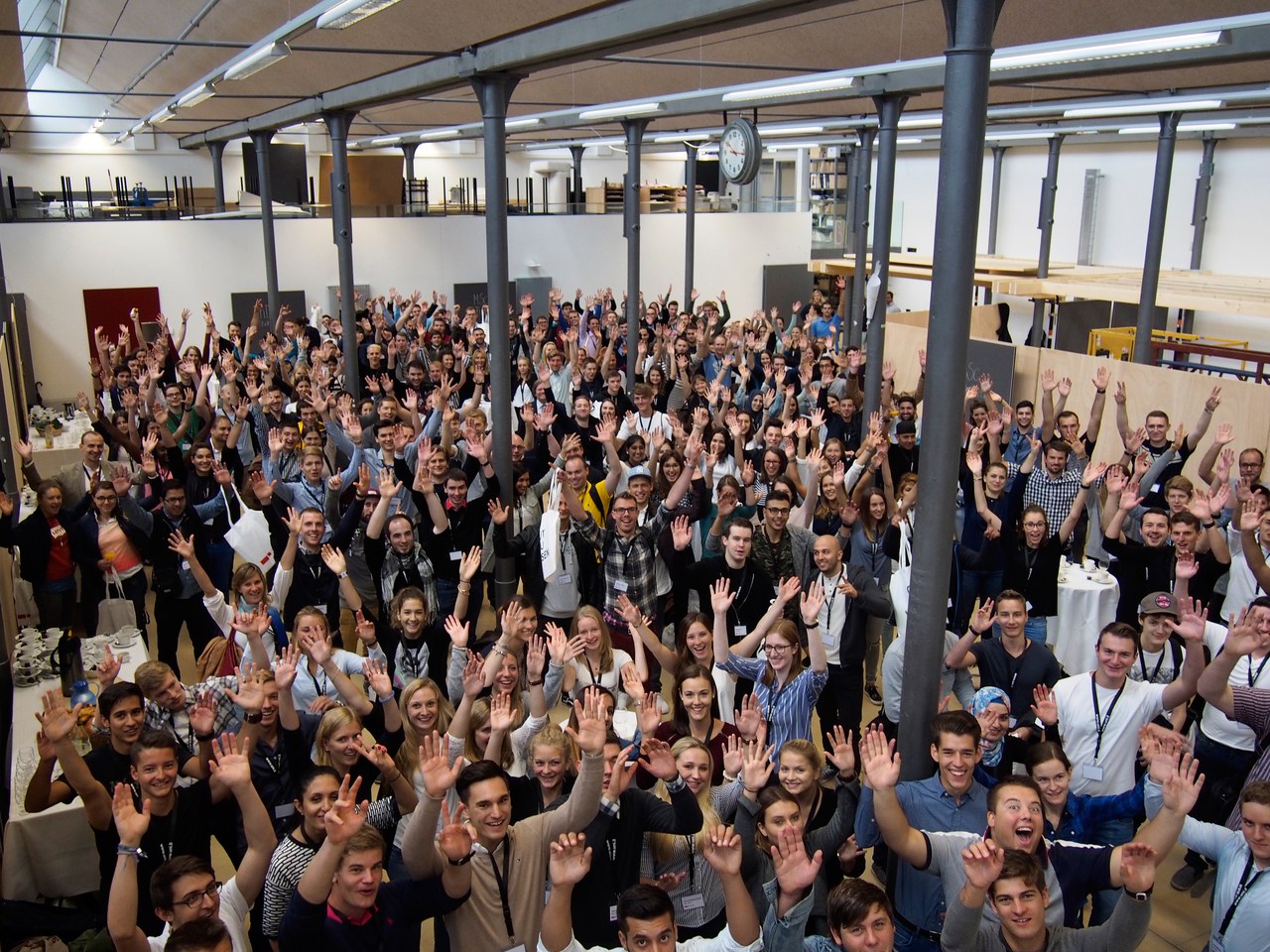The last three years had already shown a significant increase in the number of applications for a consecutive course of study – with numbers rising from 547 in the year 2014 to 710 in 2015 and 766 in 2016. Applications that had to be turned down on formal grounds, together with applications that were subsequently withdrawn, rose to a lesser extent than the total number of applications overall. This meant that there was a significantly greater number of new admissions as compared with previous years. In 214 there were just 196 new admissions, in 2015 this rose to 248, and in 2016 for the first time 283 students were admitted to a course of study at the university.
Students above all from the EEA and Switzerland
The greater number of students admitted come from the European Economic Area and Switzerland (232), whereas the ratio of admissions for candidates from third countries is only around 18 percent, representing 51 students. Almost all the new students from third countries are studying on English-language Master’s degree programmes. The Master’s degree programmes in Architecture and Information Systems are significantly more popular, with 43 and 41 percent respectively, than the Master’s degree in Finance (29 percent).
Upward trend
The biggest rate of growth is to be seen in the Bachelor’s degree programme in Architecture, where the university is approaching the limits of its facilities and teaching resources. As compared with 30 students in the year 2014, this year there are 52 students starting new courses. Across the board, practically all study programmes have succeeded in maintaining or improving their admission figures.
‘We are seeing an all-time high in first-semester students who are just starting their course of study this week,’ says Rector Klaus Näscher with satisfaction. Among other factors, he attributes this development to the ‘personal’ emphasis of the university, intensified marketing activities and a steadily growing network of ex-students prepared to recommend their alma mater.
Successful start in continuing education
Alongside the consecutive courses of study, five executive study programmes in the department of Financial Services and Entrepreneurship have been successfully launched. Those taking part in these continuing education programmes, leading to an LL.M., EMBA or MBA qualification, are for the most part working in Liechtenstein and the region, and so can be expected to contribute to the innovative strength and future competitiveness of the principality.



